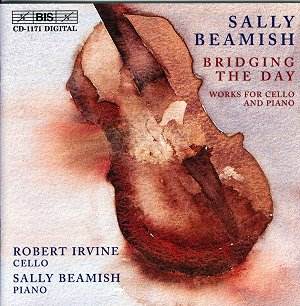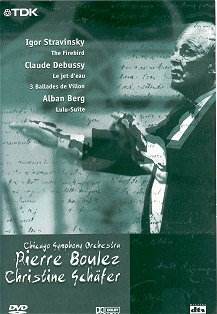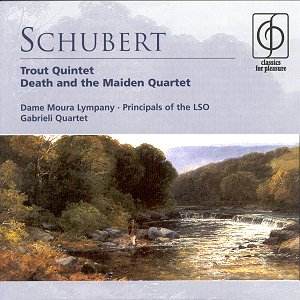 Composer: George Gershwin
Composer: George Gershwin
Works: S’ wonderful, Embraceable You, Oh Lady, Be Good, How Long Has This Been Going On?, Somebody Loves Me, The Man I Love, Love Walked In, Fascinating Rhythm, I’ve Got a Crush on You, I Got Rhythm, Porgy & Bess Medley (Overture, Summertime, My Man’s Gone Now, There’s a Boat That’s Leaving Soon from New York, Porgy, I’s Your Woman Now, It Ain’t Necessarily So, I Loves You, I’ve Got Plenty of Nuttin, Oh Lawd, I’m on My Way)
Performers: Barbara Hendricks (vocals), Geoffrey Keezer (piano), Ira Coleman (double-bass), Ed Thigpen (drums), Guildhall Strings, Paul Bateman (conductor)
Recording: Recorded at Abbey Road, Studio 1, London, May 2000
Label: EMI Classics
George Gershwin’s oeuvre, straddling the worlds of American popular music and classical idioms, has been a perennial source of inspiration for artists across genres. His songs, rich with melody and rhythm, evoke a sense of nostalgia while also embracing a vibrant modernity. Barbara Hendricks’ album, “It’s Wonderful: Tribute to George Gershwin,” attempts to traverse this complex landscape, gathering some of Gershwin’s most beloved works into a single tribute. However, the execution raises questions about the suitability of the interpretation and the overall presentation of these iconic songs.
Hendricks, a renowned operatic soprano, approaches these jazz-inflected standards with a voice that is unmistakably trained and operatic. While this vocal quality can lend a certain gravitas to the material, it often feels at odds with the inherent informality and spontaneity of Gershwin’s music. For instance, her rendition of “Fascinating Rhythm” begins with a formulaic introduction that hinders the natural swing and playful energy of the piece. Once she breaks free from this constraint, her performance becomes more engaging, yet the initial moments leave one yearning for a more fluid interpretation. In contrast, the lively “I Got Rhythm” showcases her ability to embrace the upbeat tempo, as she navigates the syncopated rhythms with a commendable sense of buoyancy.
The album’s arrangements, crafted by Geoffrey Keezer, feature the Guildhall Strings, a group not typically associated with such repertoire. Their contributions often embellish the songs with a sheen, yet they can also feel overly polished, detracting from the raw emotional impact of Gershwin’s music. A notable example is the arrangement of “Bess, You Is My Woman Now,” which suffers from an overly lush orchestration that drowns the vocal lines in excessive sentimentality. Furthermore, Hendricks’ diction falters in pivotal moments, such as in “Summertime,” where her pronunciation distorts the lyrics into an indistinct muddle. This lack of clarity undermines the poignant storytelling that is so central to Gershwin’s work.
Technical aspects of the recording, engineered at Abbey Road, maintain a high standard, with the ensemble’s sound captured with clarity and balance. However, the mixing choices occasionally favor the strings over the vocals, which results in a loss of the intimacy that these songs often require. The instrumental interludes, particularly in the medley from “Porgy and Bess,” while well-executed, can feel extraneous, leading to a disjointed listening experience rather than a cohesive tribute.
Comparing this album to other notable interpretations of Gershwin’s work, such as those by Ella Fitzgerald or Louis Armstrong, underscores a significant divergence in stylistic approach. These artists, with their innate ability to convey the spirit of jazz and popular music, deliver an authenticity that is sometimes absent in Hendricks’ performances. The nuanced phrasing and effortless swing of their interpretations provide a contrasting lens through which to view this album.
The ambition of “It’s Wonderful: Tribute to George Gershwin” is commendable, yet the execution often falls short of capturing the essence of Gershwin’s genius. Hendricks’ operatic training, while impressive, does not seamlessly translate to the jazz idiom, resulting in performances that occasionally feel stilted or overly formal. The arrangements, while lush, sometimes obscure the vital connection between the singer and the material. This recording offers moments of charm, particularly in the more rhythm-driven numbers, but it ultimately lacks the spontaneity and emotional depth that Gershwin’s music demands.



